Key Takeaways
- Cabbage is okay in small amounts: Rabbits can eat cabbage, but don’t give them too much at once.
- Avoid red cabbage: Red cabbage can cause gas and bloating, so stick to green cabbage.
- Good for nutrients: Cabbage has fiber, vitamins A and C, and calcium, which are good for rabbits.
- Be careful with their tummy: Introduce cabbage slowly to avoid digestive problems like diarrhea.
Hey there, BunnyGang!
Welcome back to the wide world of vegetables for rabbits!
Today's question on our minds? We'll give you some hints: it has to do with bunny food, or more specifically what to feed rabbits, and a satisfyingly crunchy, vitamin-packed, though slightly gassy food.
Can rabbits eat cabbage?
The answer?
Yes! But moderation is important! 
Cabbage is a common vegetable found in many households, and it’s considered to be very healthy for most humans, so it would make sense to have wondered: “Is cabbage okay for my rabbit?”
Finding the right foods for your bunny is crucial and can sometimes feel like a full-time job, but fear not, BunnyDad is here to help! In this article, we will explore the benefits of cabbage for a rabbit's diet, as well as important cautions and considerations when feeding cabbage to rabbits.
Benefits of Cabbage for Rabbits
Nutrient-Rich: Cabbage is a nutrient-dense vegetable, providing essential vitamins and minerals that are beneficial to rabbits. It contains vitamins A, C, and K, which are essential for maintaining good health.
High Fiber Content: Cabbage is a good source of dietary fiber. The fiber in cabbage aids in maintaining healthy digestion in rabbits, preventing issues like GI stasis and obesity.
Hydration: Cabbage has a high water content, contributing to your rabbit's hydration. This is particularly important since rabbits often struggle to drink enough water on their own.
Variety in Diet: Offering a variety of vegetables, including cabbage, helps ensure that your rabbit receives a wide range of nutrients. A diverse diet can keep them interested in their food and encourage healthy eating habits.

Cautions and Considerations
While cabbage can be a beneficial addition to your rabbit's diet, it's crucial to be aware of the following cautions and considerations:
Gas-Inducing Properties: Cabbage, especially when fed in excess, can cause gas and digestive discomfort in some rabbits. To mitigate this risk, introduce cabbage gradually and in small quantities.
Calcium Levels: Cabbage contains calcium, which is essential for rabbits but can be problematic when fed in excessive amounts. High calcium intake may lead to urinary problems and the formation of bladder stones. Always balance cabbage with low-calcium vegetables to avoid this issue.
Choose Red or Green: While both red and green cabbage are safe for rabbits, red cabbage is generally lower in calcium. This can be a better choice if your rabbit is prone to calcium-related issues.
Wash Thoroughly: Ensure that the cabbage is washed thoroughly to remove any pesticides or contaminants before feeding it to your rabbit.
Monitor Digestive Health: Keep a close eye on your rabbit's digestion when introducing cabbage. If you notice any signs of digestive upset, such as diarrhea or gas, consider reducing or eliminating cabbage from their diets.
Moderation: Cabbage should be just one of many vegetables in your rabbit's diet. Variety is key, so offer a mix of vegetables and greens to ensure a balanced and nutritious diet.

Cabbage can be a valuable addition to your pet rabbit's diet, providing many essential nutrients, a satisfying crunch, and some valuable hydration. However, too much cabbage can make a rabbit produce excess gas, so it's vital to offer cabbage in moderation and be aware of the potential gastrointestinal issues it can cause if overfed.
Balancing your rabbit's diet with a variety of low-calcium leafy greens and some other raw vegetables, while closely monitoring their digestive health, will help ensure they live their lives to the fullest.
Always consult with a veterinarian or rabbit specialist if you have concerns about your rabbit's diet or health. With the right care and attention, cabbage can be a healthy part of your rabbit's diet.
Happy snacking, BunnyGang!
~ BunnyDad


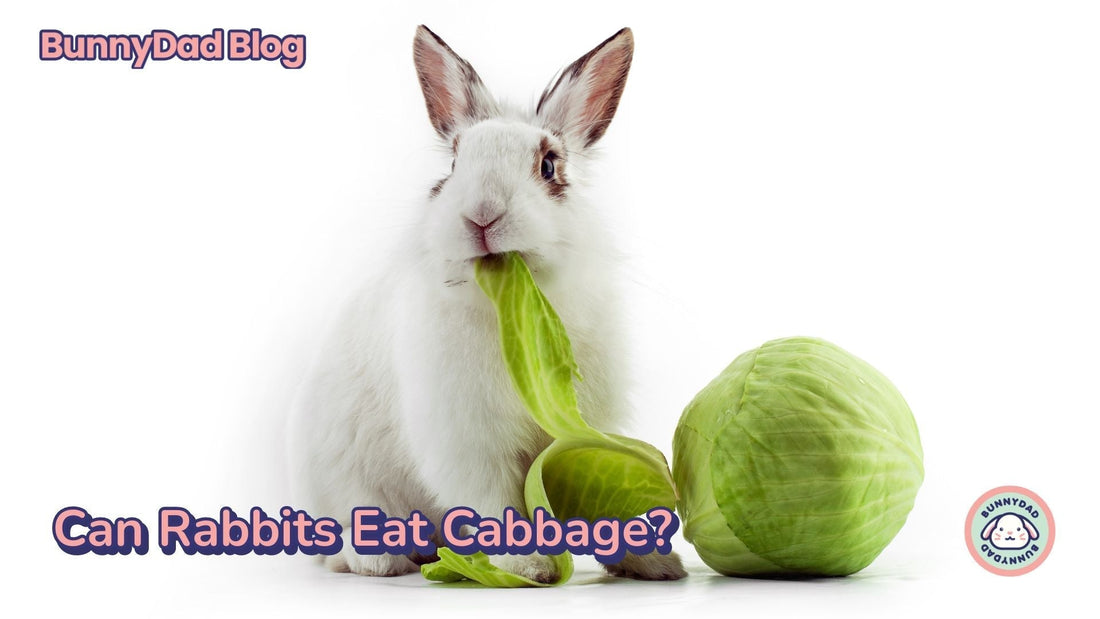



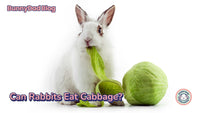


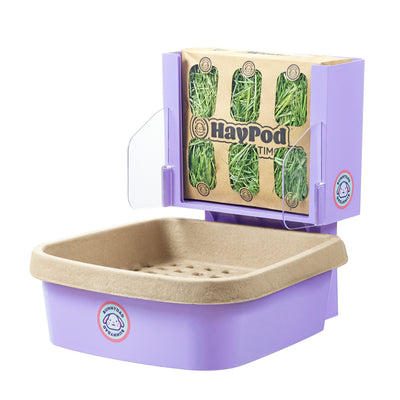
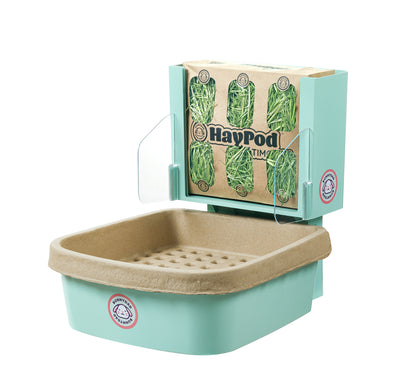

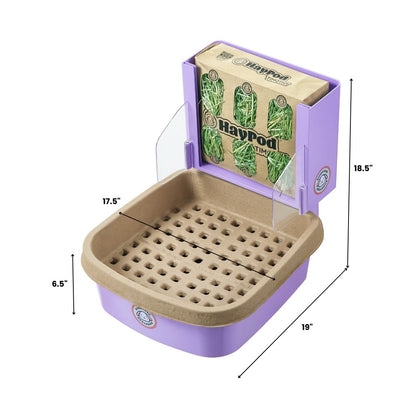
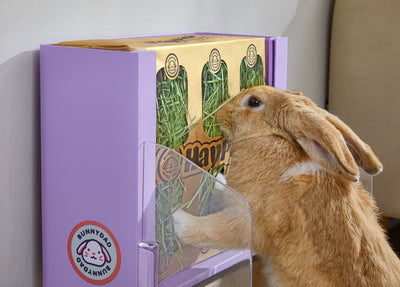


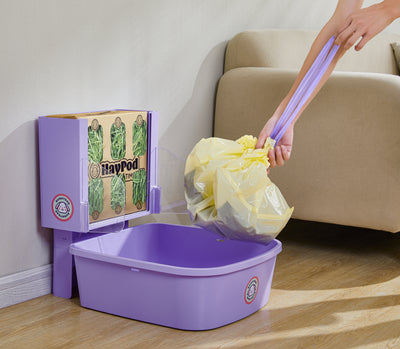
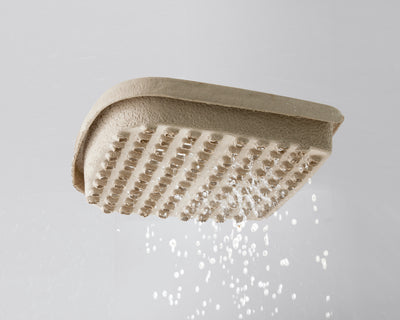


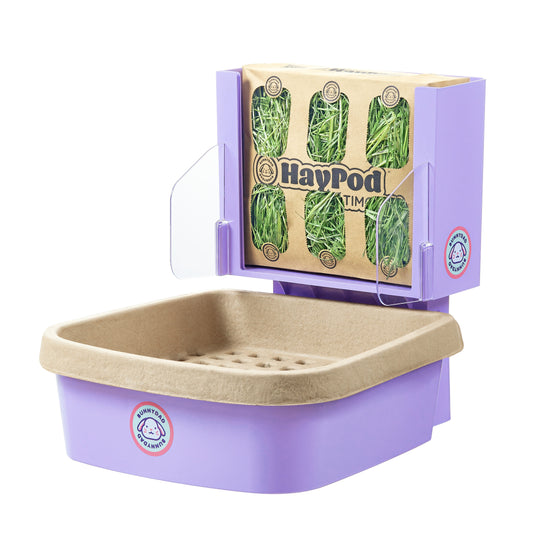


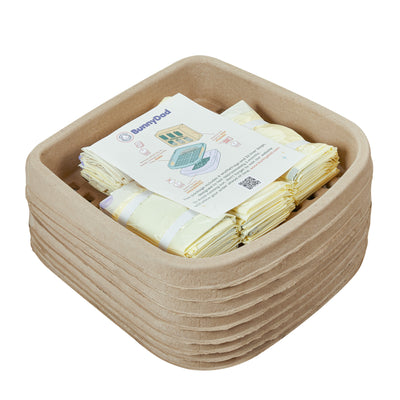
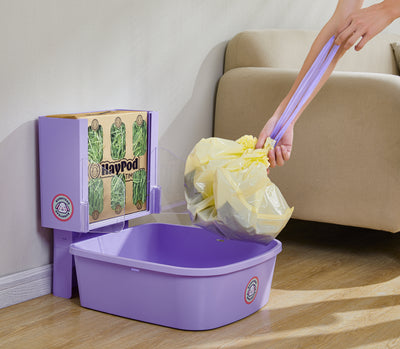
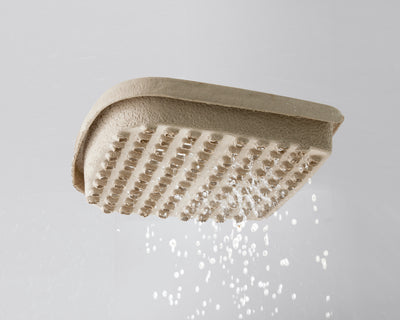
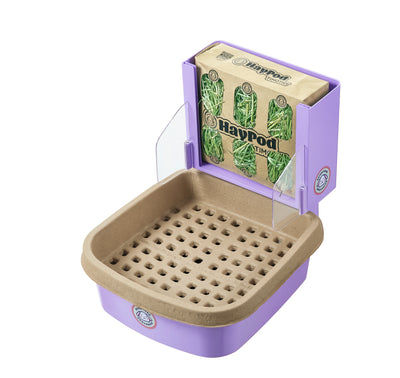
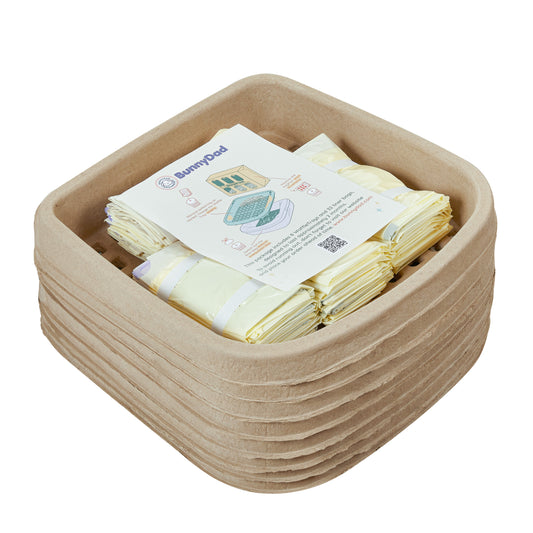
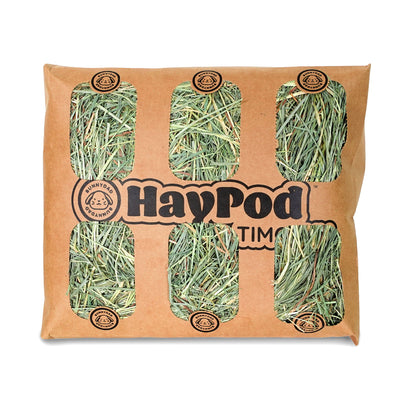
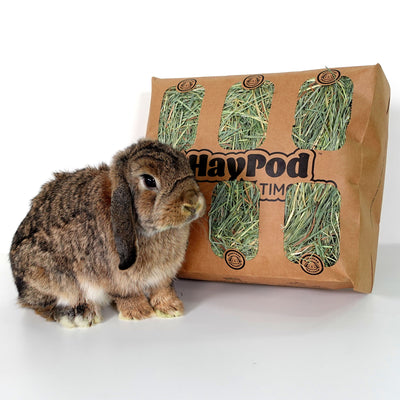
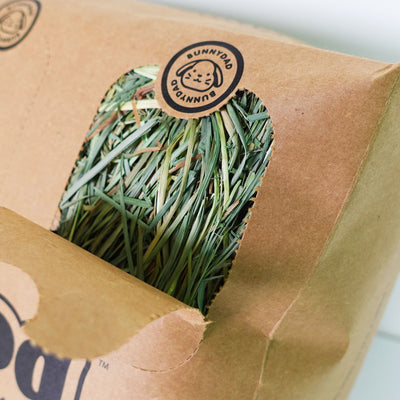
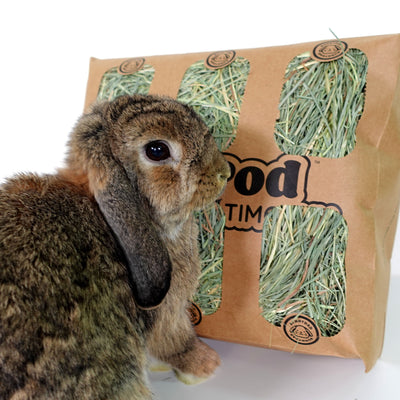
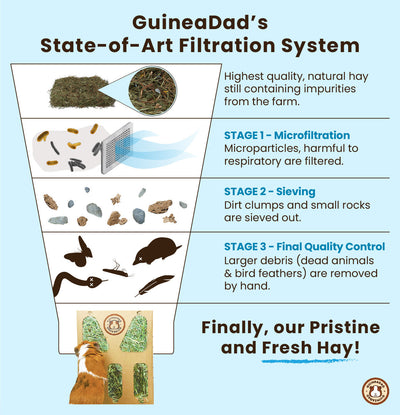
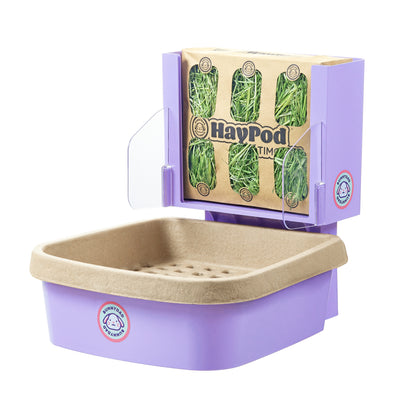
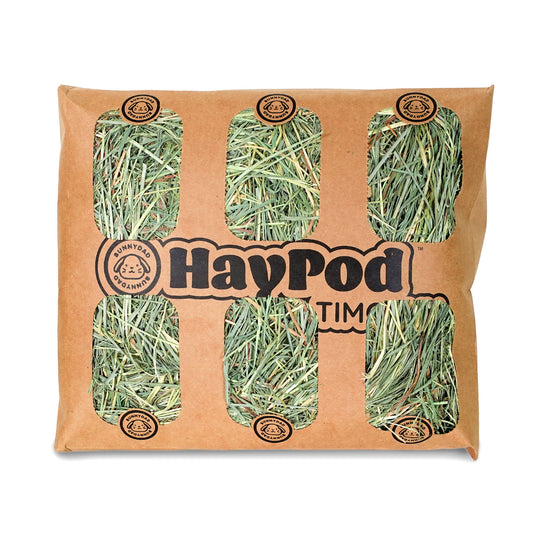
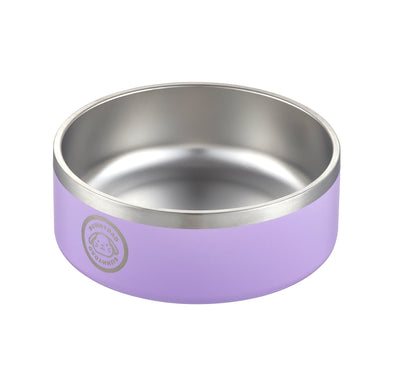
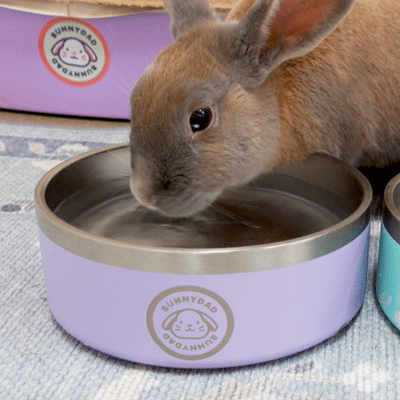
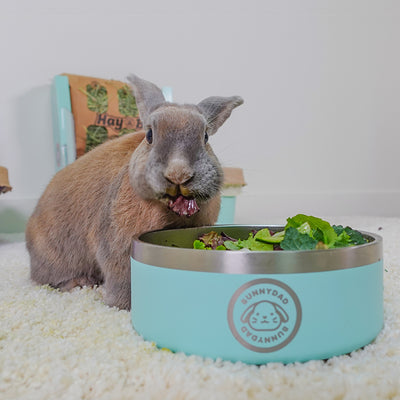
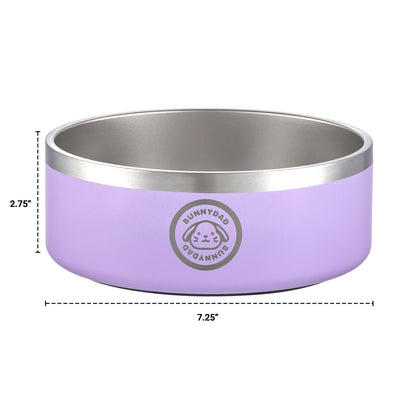
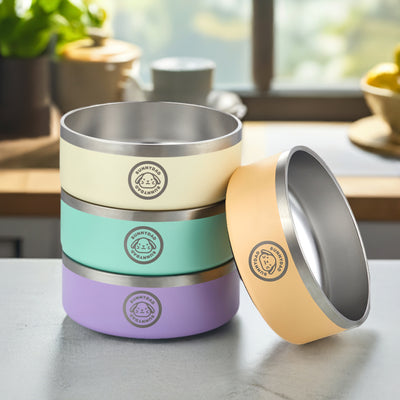
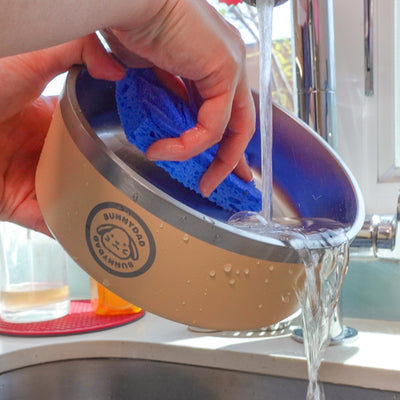
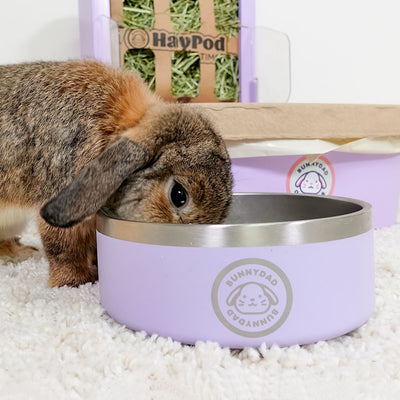
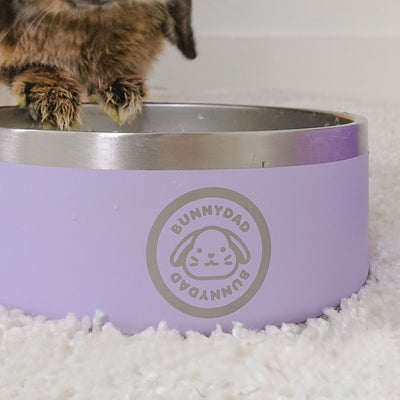
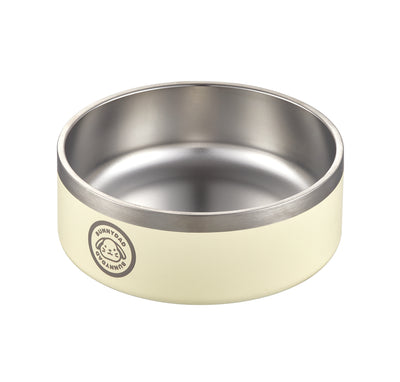
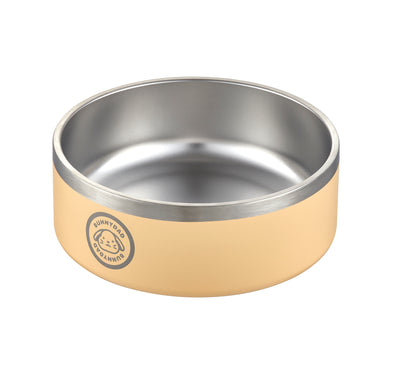
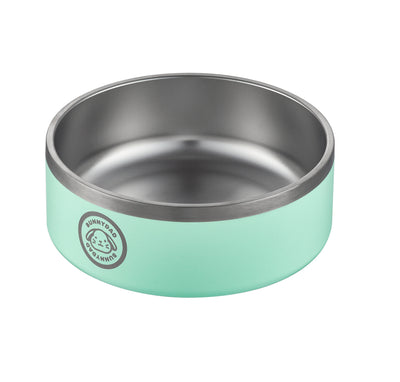
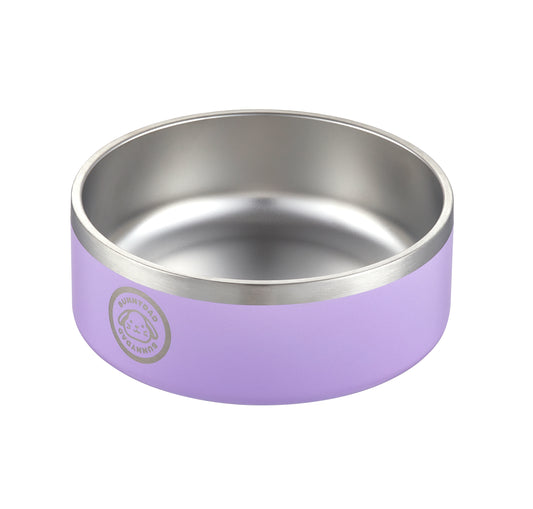




1 comment
Hi, was wondering if you could give advice.
My bunny has had two bladder stones removed in two years and I am in desperate need to find her a diet plan that will prevent this happening again. Could you perhaps point to someone that can give advice on correct diet?
I am based in South Africa and can’t find someone with enough knowledge here. Thanks